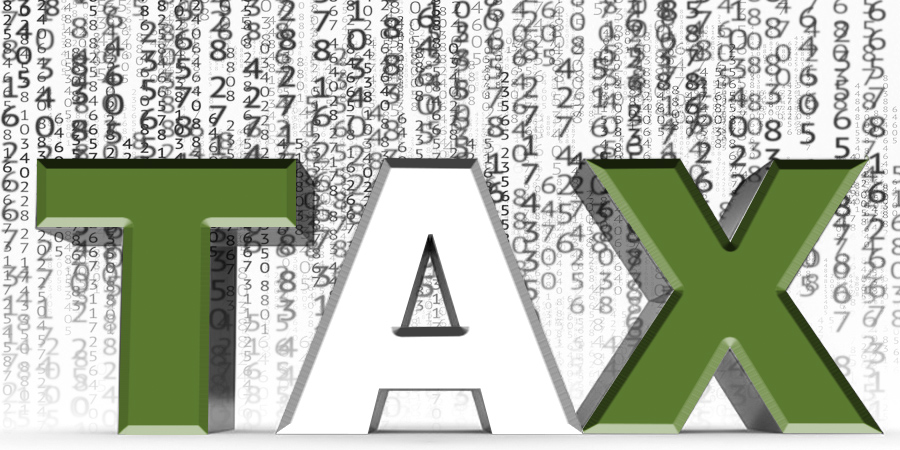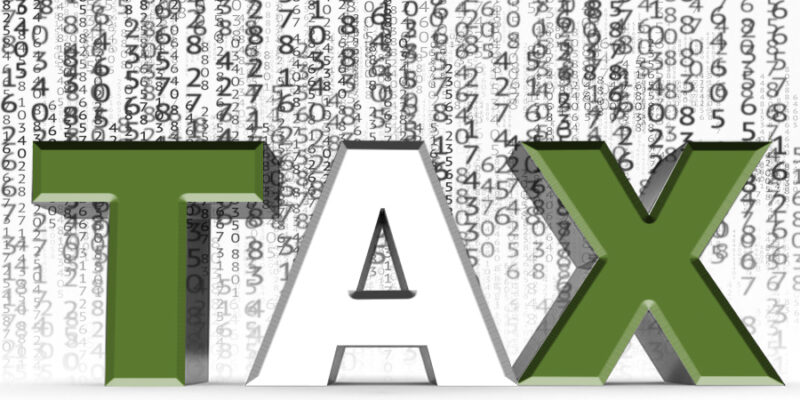
In a significant boost to Nigeria’s tax revenue, foreign tech giants, including Google, Netflix, and Facebook, have remitted a total of N3.85 trillion to the Federal Government in taxes over the first nine months of 2024. This figure represents a substantial 68.12% increase from the N2.29 trillion collected during the same period in 2023. The taxes are primarily sourced from Company Income Tax (CIT) and Value Added Tax (VAT), both of which have seen impressive growth in recent months.
The National Bureau of Statistics’ latest data reveals that the contributions of these foreign companies are helping fuel Nigeria’s tax revenue surge, with CIT collections reaching N2.57 trillion, a 43.65% increase compared to N1.79 trillion during the same period last year. VAT collections have also witnessed a dramatic increase, surging by 157.03%, from N498.34 billion in 2023 to N1.28 trillion in 2024.
The increased tax receipts highlight the success of Nigeria’s tax reforms, particularly its push to collect digital taxes from foreign companies providing services to Nigerian consumers. This includes global platforms like Netflix, Facebook, and Twitter, which, despite not having physical offices in Nigeria, have been generating significant revenue from Nigerian users. These companies offer services such as digital video streaming, advertising, and content downloads, which are now subject to Nigerian tax regulations.
The rise in tax revenue is also due to the Federal Government’s sustained effort to ensure foreign digital service providers contribute to Nigeria’s tax base. The Federal Inland Revenue Service (FIRS) has made strides in ensuring companies meet their tax obligations. In 2020, Nigeria introduced measures to impose taxes on foreign digital platforms that generate substantial earnings from the Nigerian market, leading to a stronger collection framework.
Among the key tax-paying entities, the report noted that digital platforms like Google, Meta (the parent company of Facebook and Instagram), and LinkedIn have met their tax compliance obligations under the Nigerian tax code. However, some major platforms, including TikTok and X (formerly Twitter), are still falling short of meeting their tax filing requirements, according to the National Information Technology Development Agency (NITDA).
On a quarterly basis, Nigeria’s earnings from CIT also showed significant improvement. The CIT collection rose by 42.49% from N598.13 billion in Q1 2024 to N1.12 trillion in Q2, before leveling off at N852.29 billion in Q3. VAT, however, displayed a steady increase with N435.73 billion collected in Q1, followed by N395.74 billion in Q2, and N448.85 billion in Q3, reflecting a modest 3.01% increase from the previous quarter.
The continued rise in VAT and CIT collections is a positive sign for Nigeria’s economy, as the government relies increasingly on taxes as the highest source of income. This is especially important as Nigeria continues to diversify its revenue sources beyond oil. The success of these reforms has become even more critical with the Federal Government’s N19.4 trillion tax revenue target for 2024, with over N18.5 trillion already remitted.
Oluwatoyin Madein, the former Accountant-General of the Federation, noted that tax revenues are now the highest source of income for the nation. She emphasized that members of the Federation Account Allocation Committee eagerly anticipate the monthly tax revenue figures from the FIRS, as these funds are crucial for the allocation to Nigeria’s three tiers of government.
The Nigerian tax reforms, particularly targeting foreign digital companies, are likely to set a precedent for other nations in the region looking to tap into the growing digital economy. As more international companies comply with the country’s tax regulations, Nigeria stands to benefit from a steady stream of tax revenues, further strengthening its fiscal position. This tax growth, paired with continued compliance by international digital platforms, underscores the progress Nigeria has made in optimizing its tax collection system.

Comments